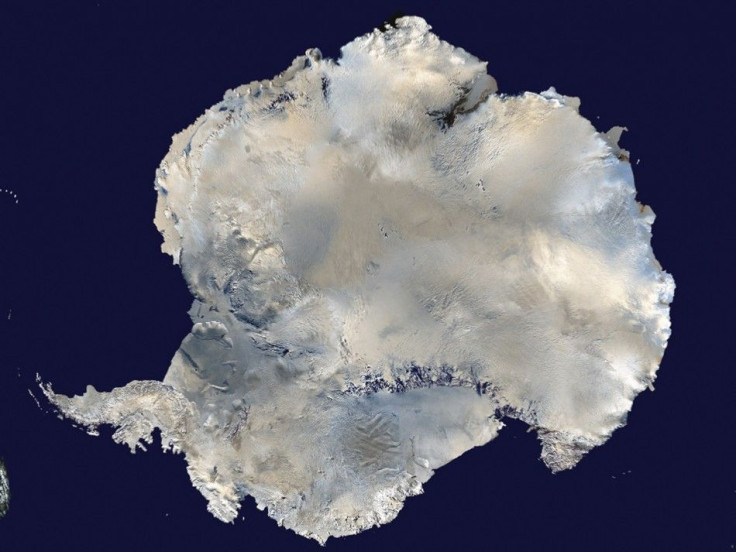Global Warming 'Slowdown'; Ocean Depths Still Warming Up

A study showed that the oceans were warming up, though there was a slowdown in the global warming on the surface of the Earth. Data for the study was collected from thousands of floating robots. The study was published in Nature Climate Change, a journal dedicated to research on physical and social sciences.
Warming of the ocean was not consistent in every part of the ocean. Researchers found that the temperature of the sea surface was alternating between warming and cooling because of El Niño, said to cause major shifts in weather patterns across the ocean of the Pacific.
In a span of seven years, between 2006 and 2013, it was found that the ocean water that was shallower than 500 metres was warmer by 0.005 degree every year. The ocean water between 500 and 200 metres was warmer by 0.002 degree every year.
Though the change in warmth seems very less, John Church, a researcher from Commonwealth Scientific and Industrial Research Organisation (CSIRO), said that the numbers represented a huge amount of heat. He said that it was over 90 percent of the total warming. He explained that though the climatic system was warming over periods of time, the majority of the heat was stored in the ocean.
In 2014, a climate researcher from the University of New South Wales, Shayne McGregor, and his colleagues, found that trade winds over the Pacific Ocean had intensified which caused an apparent slowdown in the temperatures of the ocean surface. The trade winds brought the cool waters to the surface, while the warm water went deeper into the ocean.
According to McGregor, global warming was still continuing. He explained that what they were seeing was a momentary pause in the warming of the ocean surface. He added that below the surface of the ocean was gaining heat at a consistent rate.
The data for the research was collected as a part of argo, an international programme that involved many floating robots, almost 3,500. The robots were collecting data about temperature as well as salinity. In the last seven years, the programme has covered almost the entire world and the research will continue to look into the ocean water below 2,000 metres as well as under the sea ice.
To report problems or to leave feedback about this article, e-mail: afza.kandrikar@gmail.com.




















